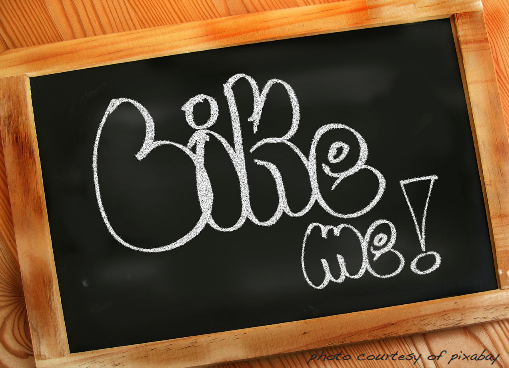Mommy, my friend dumped me
Dr. Kardos says she still remembers when her friend dumped her back in 7th grade. Guest blogging for Two Peds in a Pod, is child and adolescent counselor Dina Ricciardi with advice to help walk your kids through the experience.
It can happen very quickly, and often without explanation: your son or daughter gets “dumped” by his or her best friend or group of friends. One minute they are inseparable; the next, your child is left out and being ignored, and is completely bewildered as to why or what happened. Welcome to cliques, a typical part of the tween and adolescent landscape. While enduring these shifts in peer relationships can be extremely painful for both of you, there are some things you can do to help your child emerge safely on the other side of the experience.
Do empathize. Make sure your child knows that you understand why they are upset, and that you would be too.
Do take your child’s grief seriously. We adults know that friendships change and shift over time, and that we all survive. However, your child may see this as the worst thing that has ever happened to her, and she may be right.
Don’t downplay your child’s pain. It’s normal for him to feel hurt and rejected, and to question his own actions and the authenticity of the friendship.
Do keep an eye out for bullying or name-calling. If the situation seems to require it, enlist the support of school personnel to monitor things under their watch.
Don’t disparage or belittle the offending friend(s). It might feel good in the moment, but it can set the wrong example and make it difficult for your child to reconcile if the opportunity presents itself.
As a parent, it is hard to watch your child suffer. Our instinct is often to try to fix the situation, which we need to resist. Part of adolescence is allowing our children to develop their own identity and to learn relationship skills. Through their peer relationships, they learn sophisticated concepts such as trust, loyalty, empathy, compassion, and tolerance. They also start to encounter difficult emotions such as jealousy. The most important thing we can do as parents is be available to help our children sort out their feelings and to give them a different perspective. We can also help them discover that while peers are important, they can be strong and fine on their own, and do not need other people to give them their identity. This helps them value themselves as individuals. In the process, maybe we parents learn something new also. Buckle in; it can be a bumpy ride!
Dina Ricciardi, LSW, ACSW
Dina Ricciardi is a psychotherapist in private practice treating children, adolescents, and adults in Doylestown, PA. She specializes in eating disorders and pediatric and adult anxiety, and is also trained in Sandtray Therapy. Ricciardi is a Licensed Social Worker and a member of the Academy of Certified Social Workers. She can be reached at dina@nourishcounseling.com.
Dr. Lai adds: Help your kids cultivate their interests. As they do their interests, they will look around and find that those kids will become their friends. The hardest part about adolescence is figuring out your own interests, and not those of your peers.
2015 Two Peds in a Pod®
